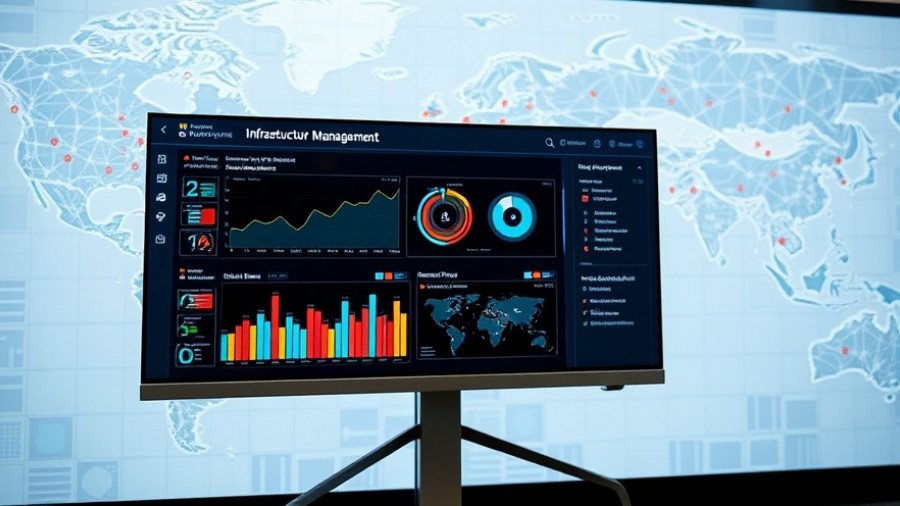
Bridging the Gap Between Education and Industry Needs
In an innovative collaboration between Montana State University (MSU) and RDO Equipment Co., civil engineering students are gaining unprecedented access to hands-on machine control training. This partnership exemplifies a growing trend in education where academia meets real-world job site technology, preparing students for the demands of contemporary construction careers.
Real-World Experience with Advanced Technologies
The four-week course module introduces students to sophisticated equipment from Topcon Positioning Systems and SmartGrade machine control systems. Students engage in real jobsite experiences, such as setting up base stations and staking out lines, which mirror the responsibilities of entry-level field engineers. This proactive approach is crucial in a field where the technology evolves rapidly, and understanding these tools becomes intrinsic to a proficient career in construction.
The Drive for Authentic Educational Experiences
According to Bret Martin, associate professor in MSU’s civil engineering department, this initiative is rooted in a commitment to provide students with experience that translates directly to their future roles. “This course gives students practical skills they’ll use daily,” he said, emphasizing the importance of awareness in technology solutions which can significantly affect decision-making on construction projects.
Insights on the Future of Engineering Education
As technology permeates the industry further, programs like this could redefine educational standards in engineering. The vision extends beyond just training; Martin and Jake Michels, a solutions manager at RDO and MSU alumnus, aim to evolve this module into a two-credit course that could also offer professional certifications in machine control technology. The expansion reflects an essential pivot—engineering education is no longer just about theoretical knowledge, it’s about equipping students with the necessary skills in a fast-evolving field.
This partnership invites a critical reflection on how educational institutions can better align themselves with industry needs, especially in a technologically driven workforce. As the landscape of civil engineering transforms, such initiatives not only enhance students' employability but also contribute to the future success of the construction industry as a whole.
 Add Row
Add Row  Add
Add 




Write A Comment